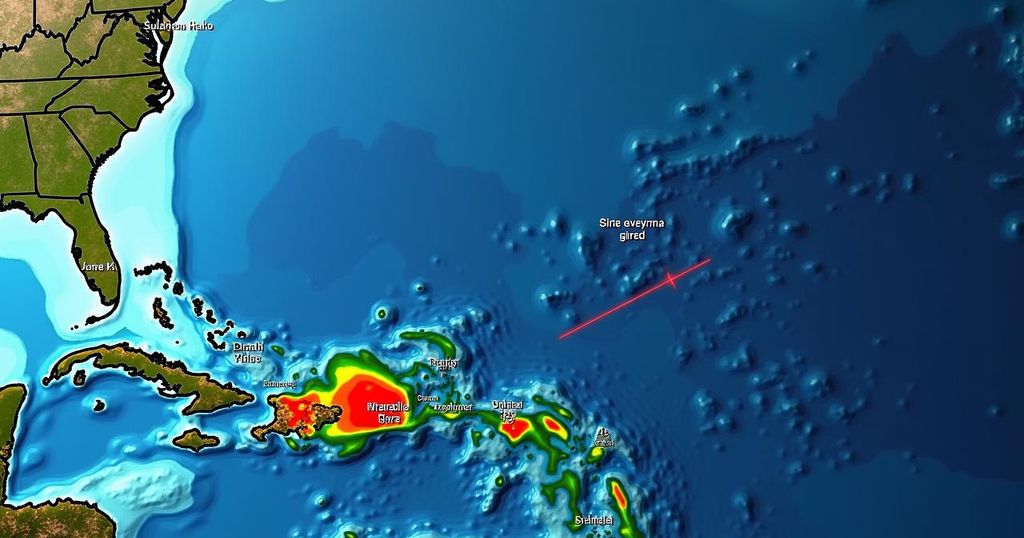Tropical Storm Milton Tracker: Projected Path and Potential Impact on Florida

Tropical Storm Milton is on track to bring hurricane-strength winds and rains to Florida by Wednesday, following Hurricane Helene’s devastating impact. Meteorologists monitor wind speeds to classify storms; this season may be one of the worst in decades, with numerous storms anticipated.
Tropical Storm Milton has emerged in the Gulf of Mexico and is projected to impact Florida with hurricane-strength winds and precipitation by Wednesday, according to the National Hurricane Center’s report on Saturday. Milton marks the 13th named storm of the hurricane season, and its effects could extend significantly beyond the immediate area where it makes landfall. If it follows its current course and intensifies into a hurricane, it would become the second storm to strike Florida in less than two weeks, following Hurricane Helene, which landfall as a Category 4 storm and resulted in tragic consequences, including over 220 fatalities throughout its path from Florida to Virginia. The formation and intensification of hurricanes and tropical storms depend on the presence of specific atmospheric conditions. Meteorologists closely monitor the wind speeds of tropical cyclones, as these speeds determine the categorization of the storm. A storm is designated a tropical storm upon reaching wind speeds of 39 mph for a minimum duration of one minute, and it subsequently gains a hurricane classification at wind speeds of 74 mph, continuing through the categories up to Category 5. These classifications are integral for forecasting potential risks and informing the public of expected impacts, such as strong winds, surges, heavy rainfall, and flooding upon landfall. Encountering tropical storm-force winds can be perilous. Hurricane-force winds possess the capacity to cause severe structural damage and propel debris over considerable distances. Furthermore, these winds can result in significant storm surges, which have historically been the predominant cause of hurricane-related fatalities in the United States, as noted by the National Weather Service. The threat posed by large waves also remains significant for both individuals and their property. As storms advance inland, flooding represents a critical danger. Hurricanes commonly unleash more than six inches of rain, which can overwhelm natural and artificial drainage systems, leading to flash floods that may persist for an extended duration post-storm. Historical data suggests that the hurricane season typically peaks around mid-September, and experts from the National Oceanic and Atmospheric Administration forecast that this season may be among the most severe in recent decades. Projections indicate that there could be between 17 to 25 tropical storms this year, with four to seven having the potential to escalate into major hurricanes.
Tropical Storm Milton arises from the ongoing hurricane season, which is characterized by the emergence and development of cyclones within the Atlantic Ocean. This season has already seen notable storms, including Hurricane Helene, which prompted fears of a potentially devastating impact on the Florida coastline. The formation and classification of storms depend heavily on certain atmospheric conditions and phenomena, including wind speed and oceanic temperatures. This context is critical for understanding the forecasts and risk assessments provided by meteorological agencies, aiding in public safety preparations and emergency responses.
In summary, Tropical Storm Milton is poised to approach Florida, with potential hurricane-force winds and substantial rainfall expected by midweek. The storm signifies a continuation of the busy hurricane season, marked by previous major storms such as Helene, which caused widespread destruction and loss of life. Understanding the storm’s formation, classification, and potential impacts is essential for effective public preparedness and safety measures as the situation develops.
Original Source: www.washingtonpost.com






